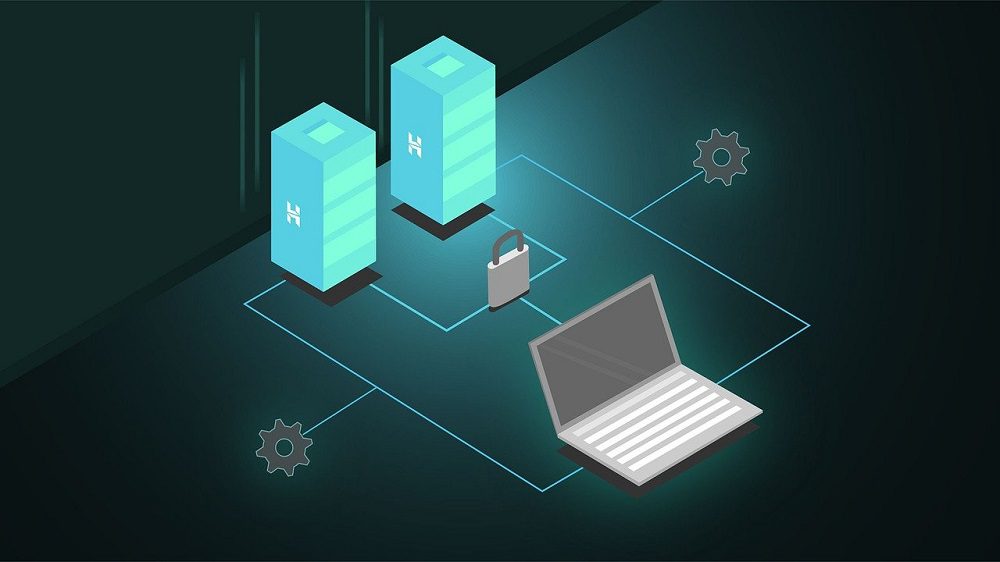Because all of the server’s resources are committed to a single client, a dedicated server outperforms alternatives like shared hosting or virtual private servers (VPS). Suppose your server is in a single-tenant environment. In that case, you have more control over how it is deployed and the applications and services that run on it, as well as greater assurances about its performance.
This is very important, especially for organizations and professionals who can’t afford a slow server. Compared to other types of servers, a dedicated server gives you significantly more flexibility in customizing the CPU, RAM, and other hardware components. Your use case, present peak concurrent users, and future growth potential will determine how much of these resources you require.
RAM
When it comes to a dedicated server, RAM is just as critical as it is on a smartphone, tablet, or computer. For maximum performance, you must also increase the amount of RAM to maximize your processor’s power.
Scalability is critical for any server of this type. Because of this, determining how much RAM your server requires necessitates considering several distinct aspects. The underlying operating system is often disregarded when determining RAM needs. This is because Linux distributions like Debian or Slackware require less RAM than proprietary versions, such as Microsoft Windows.
If you want to take the utmost advantage of the server’s other resources to their greatest potential on your smartphone, you’ll need at least that much RAM to get the most out of the device.
CPUs
Most hosting companies let you customize your dedicated server by giving you a choice of CPU type and amount of cores. In recent years, AMD has made significant gains with its Ryzen processor series, which offers a less expensive option that has outperformed Intel equivalents in several benchmark tests.
Your server’s speed and efficiency are directly related to the amount of RAM and the CPU you use. Dual processors with large core counts, such as 4, 8, etc., can outperform a single processor with a higher clock speed. If you want to take advantage of all that computing power, you’ll need more RAM, which raises the overall cost of your server as a result of choosing more cores.
Your CPU choice will determine how much additional RAM you can add to your server, even when hosting providers make it easy to do so. This is due to the fact that many CPUs have a memory capacity ceiling.
Storage
With RAM and CPU taken care of, the next step is to figure out how much storage space you’ll need on your server and what kind of storage you’ll require.
Traditional hard disk drives (HDDs) are less expensive and the only choice most hosting providers offer if you need a large quantity of storage space, typically in the range of terabytes (TB).
Most hosting providers only provide Solid State Drives (SSDs) in lesser capacities like 240 GB, etc., which are more expensive. SSDs are more reliable than SATA drivers since they don’t have any moving parts.
Additionally, several hosting companies offer NVMe-enabled SSDs to provide an additional level of speed and efficiency to their customers. In terms of your server, you have the option of using a single disk or a RAID design, depending on your needs.
Bandwidth
Your dedicated server‘s bandwidth isn’t a physical component, yet it is crucial to the user experience. Your server’s capacity for data transfer is measured in gigabits per second. Even if you use a service like Netflix or anything similar, you need to think about your own home entertainment setup. If you want to use these streaming services, you’ll need a fast internet connection with at least 100MBps and 1TB of capacity.
Assume that you’re running an open-source server with many clients connected at any given time. All of your clients’ requests for data must be handled by a server that can deliver the content quickly.
So, when you want to buy dedicated server, you can go for a metered or unmetered bandwidth. If your server is to be used for various purposes, you’ll need a different quantity of bandwidth for each of your clients.
GPU
Although the specific setup may vary, the components we’ve mentioned thus far are fundamental for each dedicated server. On the other hand, GPUs aren’t required by every server of this type.
GPU servers have grown in popularity for various purposes outside gaming, despite the common misconception that they are exclusively useful for gaming. If you plan to run a gaming server, you must have one.
Besides that, they’re useful for many other things like machine learning and augmented reality. If you need a lot of computational capacity, you can employ a single GPU in your server or a full cluster of them.
Operating System of the Dedicated Server
Dedicated servers necessitate a customized operating system in addition to high-end CPUs and RAM. Windows Server OSs and Linux are the most popular among the many server operating systems available. While Linux is still the most common server operating system, Windows Server OSes are gaining ground in popularity.
In comparison to shared hosting, dedicated servers offer higher levels of security and uptime. A potential spammer or harmful software cannot access your computer because this program protects it.
Your company’s future success depends on finding a server with the right combination of speed, security, management, and software.


